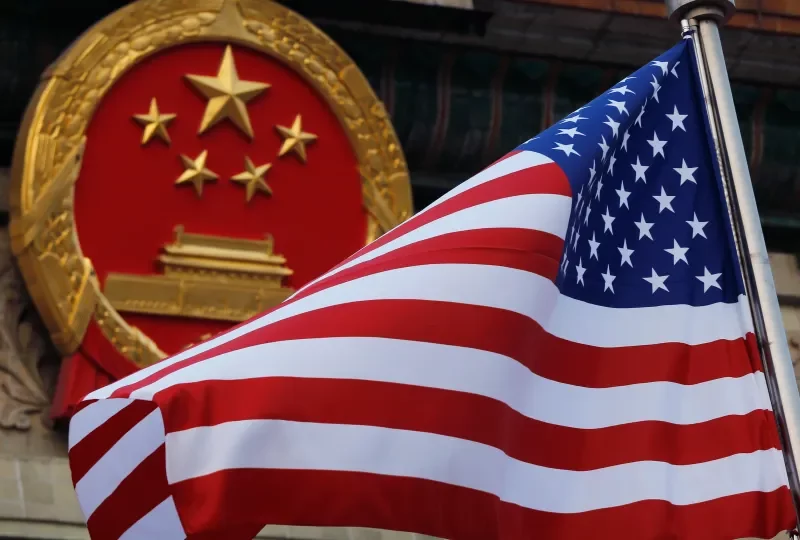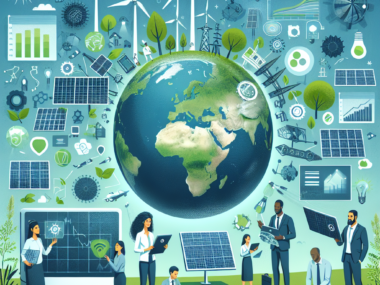China’s top diplomat is in Washington this week, and the U.S. is hoping to find some common ground with China amid two hot and potentially world-changing conflicts in the Middle East and Europe.
Top Biden administration officials, possibly including the president himself, will question Chinese Foreign Minister Wang Yi during a three-day meeting that starts on Thursday night about how China needs to become a more active global player if it hopes to be taken seriously.
Biden’s national security advisor, Jake Sullivan, and Secretary of State Antony Blinken are anticipated to call on China to assist in the Russia-Ukraine and Israel-Hamas conflicts. These discussions may pave the way for a meeting between Chinese President Xi Jinping and US President Joe Biden next month in San Francisco, outside of a leaders’ conference for the Asia-Pacific Economic Cooperation.
China’s backing of Russia in the conflict with Ukraine and its largely silent stance on the Middle East have frustrated the United States. The two biggest economies in the world also disagree on a number of other topics, including North Korea, Taiwan, the South China Sea, human rights, and climate change.
However, after Blinken postponed his scheduled trip to China in February due to the downing of a Chinese surveillance balloon over the United States, which signaled a low point in recent relations, both parties have indicated a readiness to communicate.
But in the aftermath of that incident, Blinken rearranged his travel plans, visiting China in June. Janet Yellen, John Kerry, the climate envoy, and Gina Raimondo, the commerce secretary, quickly followed him.
Furthermore, in mid-September, Sullivan had a meeting with Wang in Malta prior to Blinken’s talks with Chinese Vice President Han Zheng later that month in New York on the fringes of the U.N. General Assembly. And Blinken and Wang discussed the Israel-Hamas conflict only last week.
U.S. officials claim that the objective is to prepare for another Biden-Xi conference where the two presidents may discuss working together or, at the very least, reducing their open enmity toward each other on the most important issues of the day.
Ryan Hass of the John L. Thornton China Center at the Brookings Institute, a Washington-based think tank, stated that Wang Yi’s visit will be one of the last opportunities to establish the foundation for the Biden-Xi meeting. “The subjects that Wang and the other leaders will discuss when they meet in November will be shaped by his meetings in Washington.”
“It creates the potential for the two biggest powers in the world to work together to prevent the spread or escalation of violence in the Middle East and Ukraine,” he stated.
Wang’s visit, according to Yun Sun, head of the China Program at the Stimson Center, another think tank in Washington, suggests that the Xi-Biden summit is all but guaranteed.
Wang is in town to set the stage for Xi’s visit to San Francisco. That is the main purpose of the journey. It implies that problems will be worked out, ideas will be exchanged, and specifics will be carefully considered and signed off on,” Sun stated. “Time is of the essence as the APEC summit is in 20 days. His journey portends the arrival of Xi. Meeting with Biden is part of Xi’s visit. Strives to stabilize bilateral ties are symbolized by the Xi-Biden summit.
Although it is unlikely that Wang and the Americans will come to many agreements, Scott Kennedy, senior adviser and trustee chair in Chinese business and economics at the Center for Strategic and International Studies in Washington, stated that it is important for Wang and the Americans to discuss points of contention in the Indo-Pacific region and elsewhere.
Kennedy said that Wang’s visit might lead to things like more direct flights, more media being granted visas, agreements on climate change, and the restart of high-level military talks.
The U.S. Defense Department will be represented at the Xiangshan Forum, which gets underway in Beijing on Sunday, by Cynthia Carras, principal director for China, Taiwan, and Mongolia, the Pentagon announced on Thursday. The reports came from China. She and former Pentagon staffer Chad Sbragia registered for the forum earlier this week, according to the organizers.
The Chinese Defense Ministry’s Wu Qian stated that “relevant Chinese officials will conduct exchanges with her.” He added that Beijing “attaches great importance” to the two nations’ developing “military-to-military relations.”
Wang will “have in-depth exchanges of views” on a variety of topics with U.S. officials during his visit to Washington, according to the Chinese Foreign Ministry. He will also “state China’s principled position and legitimate concerns” over the two nations’ relations.
When the Chinese president visited the United States for the first time in 2017, he was received at the Florida resort of former President Donald Trump at Mar-a-Lago. Since taking office in 2021, Biden has not welcomed Xi to the United States. The two leaders last got together in November 2022 in Bali, Indonesia, during the Group of 20 summit of the world’s most powerful affluent and developing countries.
Wang’s visit is one of several gatherings and events planned to prime Xi for his arrival in the United States.
This week, while visiting China, California Governor Gavin Newsom met unexpectedly with Xi on Wednesday in Beijing. According to the official news agency Xinhua, the Chinese president informed the governor that “the achievements of China-U.S. relations have not come easily and should be cherished all the more.”
For the first time since 2019, U.S. politicians visited China, led by Senate Majority Leader Chuck Schumer and including six senators, earlier this month. Xi also met with Schumer and declared that the Thucydides Trap is “not inevitable.” The political phrase describing the likelihood of significant conflicts that arises when an emerging power challenges an established one is the “Thucydides Trap.”
The Trump administration’s imposition of high tariffs on $50 billion worth of Chinese imports in 2018 marked the beginning of the end of the U.S.-China relationship. A number of factors, including as the COVID-19 epidemic, technology, Taiwan, South China Sea, and rights violations, contributed to its further decline.










